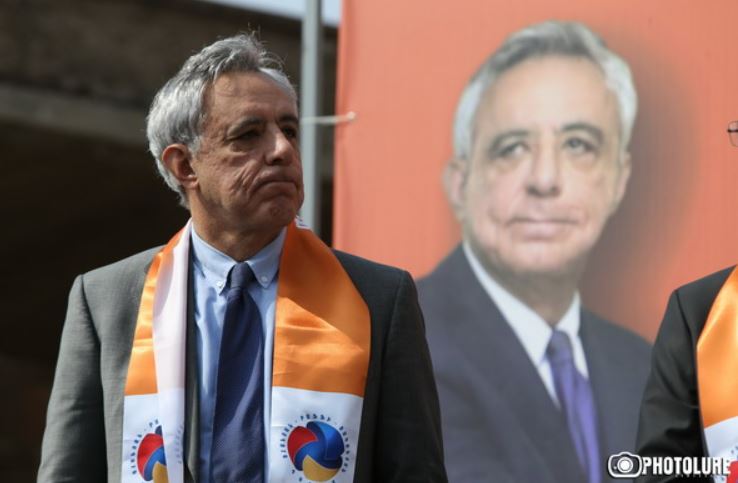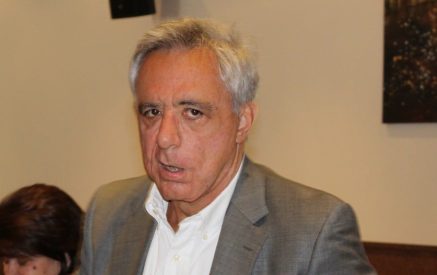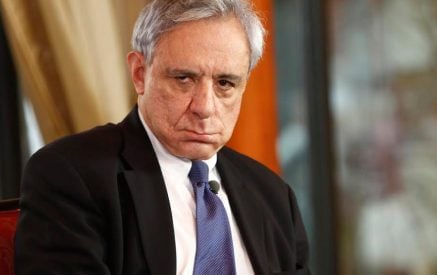Former Foreign Minister Vartan Oskanian’s article, as expected, was received very positively by the “former regime” and very negatively by the “formers of the former regime” (i.e., supporters of the first president). By the way, as far as I can see, the “current regime” did not comment on it, but according to the well-known law of denial, they must agree with Oskanian’s critics. It seems to me that the debate, although in the current political forces, is in fact of a historical, academic nature.
The following issue is being discussed: what were the options for the Karabakh settlement proposed in the 1990s? At least for me, there is a very authoritative source on this issue – the website of a well-known diplomat, Vladimir Kazimirov, the official representative of Russia in this period. If it is interesting, the readers can get acquainted with the options of package, stage and “common state” and make sure which of them assumed the status of Artsakh outside Azerbaijan and which did not.
But the urgency of that debate is not very clear to me, to be honest. What is the point of discussing what has not been brought to life? Suppose this or that version was great, 100% “pro-Armenian” and so on. If the “former” and the “former of the former” could not bring them to life, then these documents are no longer in history.
There are two points in Vartan Oskanian’s article that I completely agree with. 1) After the 44-day war, Armenian diplomacy made almost no serious efforts to achieve a pro-Armenian result, 2) During negotiations, you should not say in advance that you are ready to meet the maximum requirements of your opponent. In this way, you are practically deprived of the opportunity to negotiate, that is, to advance your interests.
Read also
The statements of the Prime Minister on April 13, and then the Civil Contract members who “colored” his speech, were neither “treacherous” nor “pro-Turkish.” This “dramatic” rhetoric is used by the parliamentary opposition to mobilize its electorate. These statements simply contradict the basic notions of foreign policy mechanisms. And in our case, the most important thing is whether Pashinyan understands what the international players are saying to him, first of all, of course, the Russians. Unfortunately, I can not give a definite positive answer to that question.
Aram Abrahamyan





















































